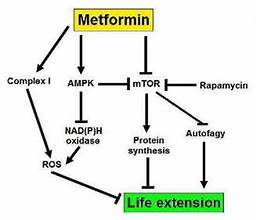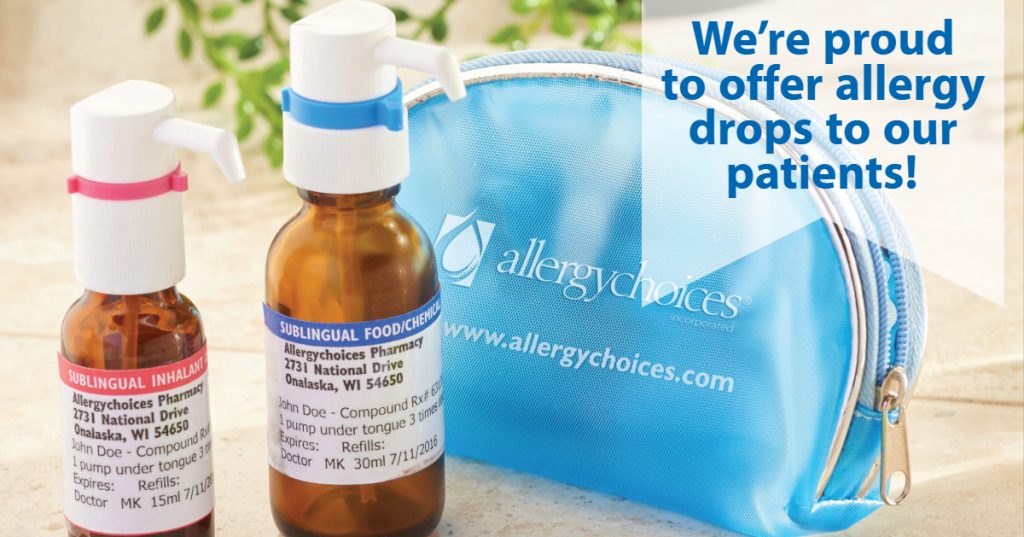Susan D. Denny, MD, MPH

Welcome to this month’s Functional Medicine newsletter, where we delve into the fascinating topic of Metformin, a medication commonly used for diabetes management, and its potential benefits for longevity. While Metformin has long been recognized as an effective treatment for diabetes, recent research suggests that it may have broader implications for promoting overall health and extending lifespan. Join us as we explore the scientific evidence and discuss the exciting possibilities surrounding Metformin’s role in longevity.
Metformin and Diabetes Management
Metformin is a medication primarily used to manage type 2 diabetes. It works by reducing glucose production in the liver and increasing insulin sensitivity, leading to improved blood sugar control. However, emerging studies indicate that Metformin’s benefits extend far beyond diabetes management alone.
Metformin and Longevity Research
- Metformin and Aging Markers: Numerous studies have explored the effects of Metformin on various markers of aging, including cellular senescence, inflammation, and oxidative stress. Research suggests that Metformin may have anti-aging properties by modulating these processes and promoting healthier cellular function.
- Metformin and Lifespan Extension: Animal studies have demonstrated promising results regarding Metformin’s potential to extend lifespan. Researchers have observed increased lifespan in various organisms, including worms, flies, and mice, when treated with Metformin. While human studies are still ongoing, these findings offer intriguing insights into the possibility of Metformin as an anti-aging intervention.
- Metformin and Age-Related Diseases: Metformin’s potential to mitigate age-related diseases, such as cardiovascular disease, cancer, and neurodegenerative disorders, has been a subject of interest. Research suggests that Metformin may exert protective effects on these conditions by influencing key pathways involved in aging and disease development.
- References and Further Reading:
- Barzilai, N., et al. (2016). Metformin as a Tool to Target Aging. Cell Metabolism, 23(6), 1060-1065.
- Martens, C. R., et al. (2018). Metformin as a Tool to Target Aging. Cell Metabolism, 27(4), 758-775.
- Hsu, C. C., et al. (2018). Metformin Use and Risk of Cancer in Patients with Type 2 Diabetes: A Nationwide Cohort Study. The Oncologist, 23(7), 859-865.
- Foretz, M., et al. (2014). Metformin: From Mechanisms of Action to Therapies. Cell Metabolism, 20(6), 953-966.
We encourage you to explore these references to gain a deeper understanding of the research surrounding Metformin’s potential benefits for longevity and age-related diseases.
Consulting a Healthcare Professional
It is important to note that while Metformin shows promise in longevity research, its use beyond diabetes management is still being investigated. Before considering Metformin or any other interventions for longevity purposes, it is crucial to consult with a healthcare professional who can assess your individual circumstances and provide guidance based on the latest scientific evidence.
Remember, longevity is a multifaceted topic, and adopting a comprehensive approach to healthy living, including balanced nutrition, regular physical activity, stress management, and maintaining a supportive social network, is key to promoting overall well-being and healthy aging.
Wishing you a vibrant and resilient journey towards optimal health and longevity!
Yours In Health,
Susan D. Denny, MD, MPH



























